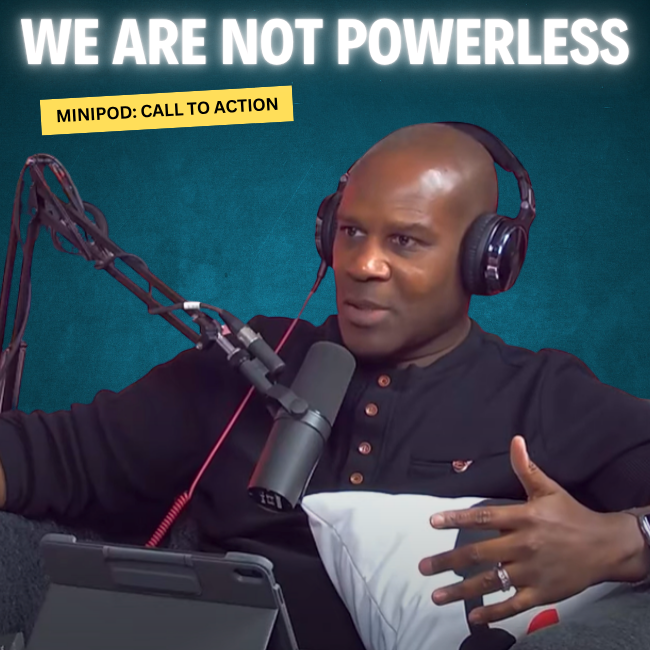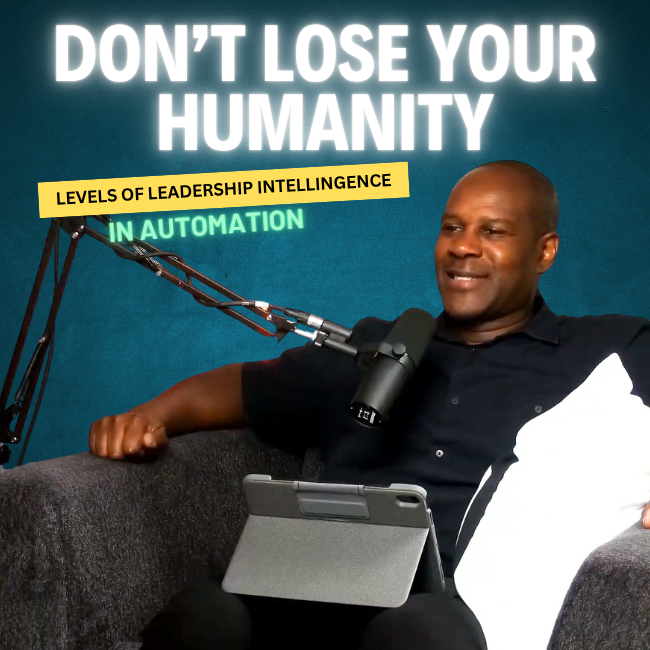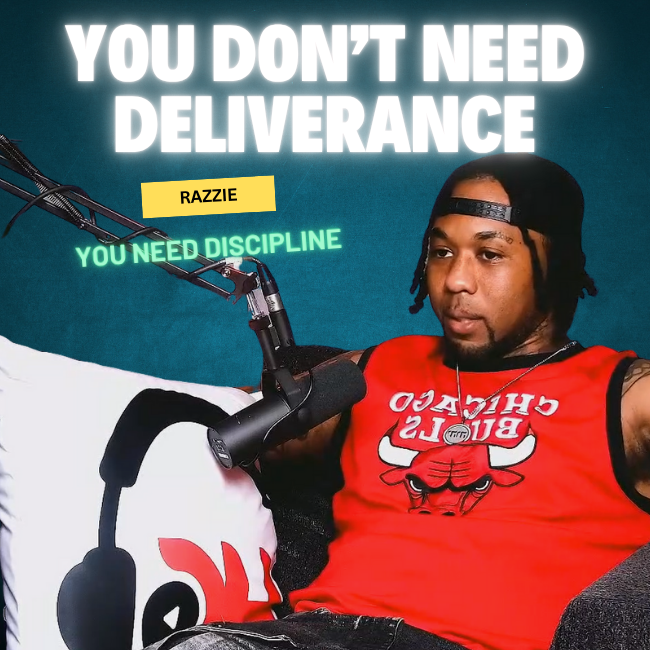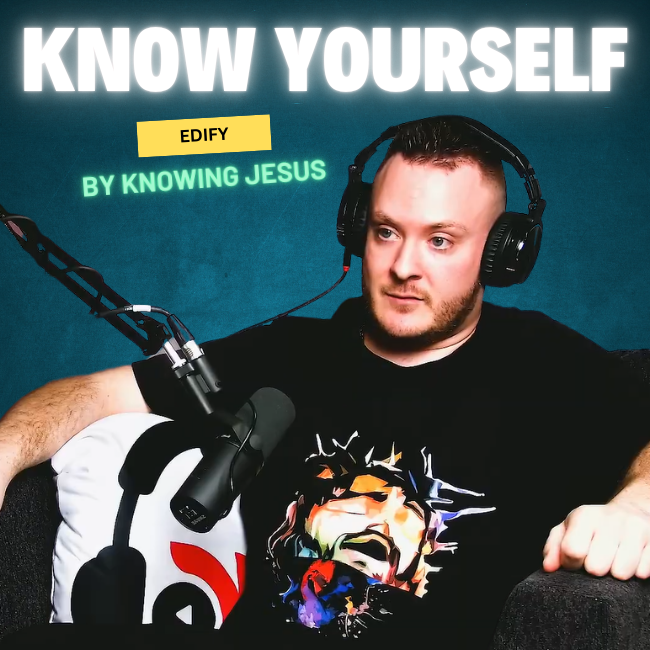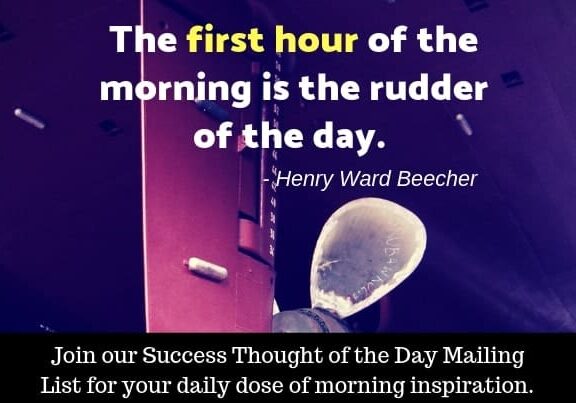Episode 74. Mental health check in
Subscribe: iTunes | IHeartRadio | Spotify | Stitcher
In this podcast episode, Trig discusses the barriers that are based on mental health, the concept behind FAVE followed by the importance faith and community.
Why We Struggle in Asking for Help
If you think about the way God constructed the world, majority of his intentions focused on the system of community and dependence. What does one do when they’re not in a season of good faith or are struggling with the transitions of everyday life? The fact is we all need help, but not just economically or physically. Trig explains that help can come in many forms such as spiritual, mental health and things that go beyond the initial surface.
Recent research from Stanford University done by a doctoral student proposes that many people fear asking for help because it would make them appear incompetent, weak or inferior. For individuals who strive for independence, this statement may hit close to home.
In order to move forward from this way of thinking, Trig reminds listeners to remember what God’s word said. “It is not good for man to be alone. I will make him a helper suitable for him “Genesis 2-18. We were created to live in unison, to discover who our community is which simultaneously helps us further discover ourselves.
Nine things that may be a barrier to you asking for help are: over giver personality, codependent on partner and others, victim mindset, unresolved trust issues, intimacy issues, low self-esteem, limiting beliefs in thinking you are supposed to suffer, and inner criticism which promotes self-shame. To resolve these barriers there’s two things to remember; needing help has always been a part of God’s design for us and that asking for help is a blessing to others.
Trig explains the concept of “FAVE” and Faith
The acronym FAVE is a self-proclaimed manifesto that Trig has created. This phrase acts as a guide for which he structures his radio station around. “It’s an acronym I used for a while now. When I think about programming for the station, it is pillars on which I try to do programming”.
The first subject is “F”, which stands for Faith. Faith starts with finding purpose or what God has called for you. The second part of this subject reads faith as a safe space for people to authentically work towards their purpose and connect with others on a similar mission.
The second part in Fave is the letter “A”, for Art. Art is explained as creativity, the use of left brain and right brain. This aspect focuses on things that we naturally develop or things we intend to birth. It’s a space for art to come to life as well.
The letter “V” is based on Vocation. As Trig says, “Man don’t work, man don’t eat”. Vocation supports the framework of work and faith. It tackles the concept that faith, career, vocation and excelling in it cannot coexist, which is simply not true.
The last letter is “E”, stands for Education. “It’s how we matriculate”. Education is the continued process of sharpening our skills independently, but we can also do so in community. The phrase iron sharpens iron is pertinent in this concept.
Challenges With Youth and Education
An article, “The Dire Need for Male Teachers” discusses the importance of attendance, grades, and graduation rates of black boys by having one male black elementary teacher. Statistics show that 6% Latino males and 1% of Black males are teachers in the public school system in the state of California.
“It seems like it’s a universal challenge across education in our youth”. School systems today face academic challenges with reading math and science competency scores. Proficiency levels in almost all cases are less than 60%. Why is that?
In addition, studies have shown that having a diverse staff of educators, particularly for black/brown students, has proven to be more effective than not. Seeing someone in front of you as an educator that looks like you can be extremely helpful. It opens the door for relatability, trust and openness. Not that black/brown students need these teachers to succeed but it does provide positive results.
Some barriers male teachers face is the belief that teaching is looked at as a women led profession. The second barrier is the pay rate. Teachers do not get paid as much and have minimal support for their job.
Two organizations you can join that contributes to the betterment of our youth are Project Impact, which is based in California. The direct website to join or to find out more info on what they do is Project Impact | CSUSB.
The second organization is called Teacher Village, to join please go to Teacher Village — HOME (wattsofpowerfoundation.org). Both of these programs are designed to specifically get men of color into schools as teachers.
Relationships Are Part of The Journey
When you are walking in purpose and passion, community has to be in the center of it. Relationships are all that more important in terms of making sure you’re discerning about who you share with.
“Walk with the wise and become wise; for a companion of fools suffers harm”(Proverbs 13-20). Trig emphasizes the importance of knowing where to share and to also be careful with oversharing. In the message, he further talks about being intentional when linking with people. You want to choose people who are going to support you and support the vision.
Additionally, the kind of community to discern includes those who become trusted partners, trusted mates that are going to show up in that time of needing encouragement. Especially, when you are in what Trig calls an “incubator stage”.
The process is still fragile but when the time comes, all the due diligence that has been prepared before the glory will soon come to life. “When those chicks hatch, you need to treat your passion and purpose the same way. Link up with those who are going to support you. Be discerning. Choose and move out with the sermon. Be wise in those moves”.
Be sure to listen to the newest episode in full on our podcast page. And for more podcasts like this one, visit http://www.holyculture.net/podcasts. For exclusive updates and information follow James Rosseau Sr., AKA Trig on Facebook, Instagram, and Twitter.



